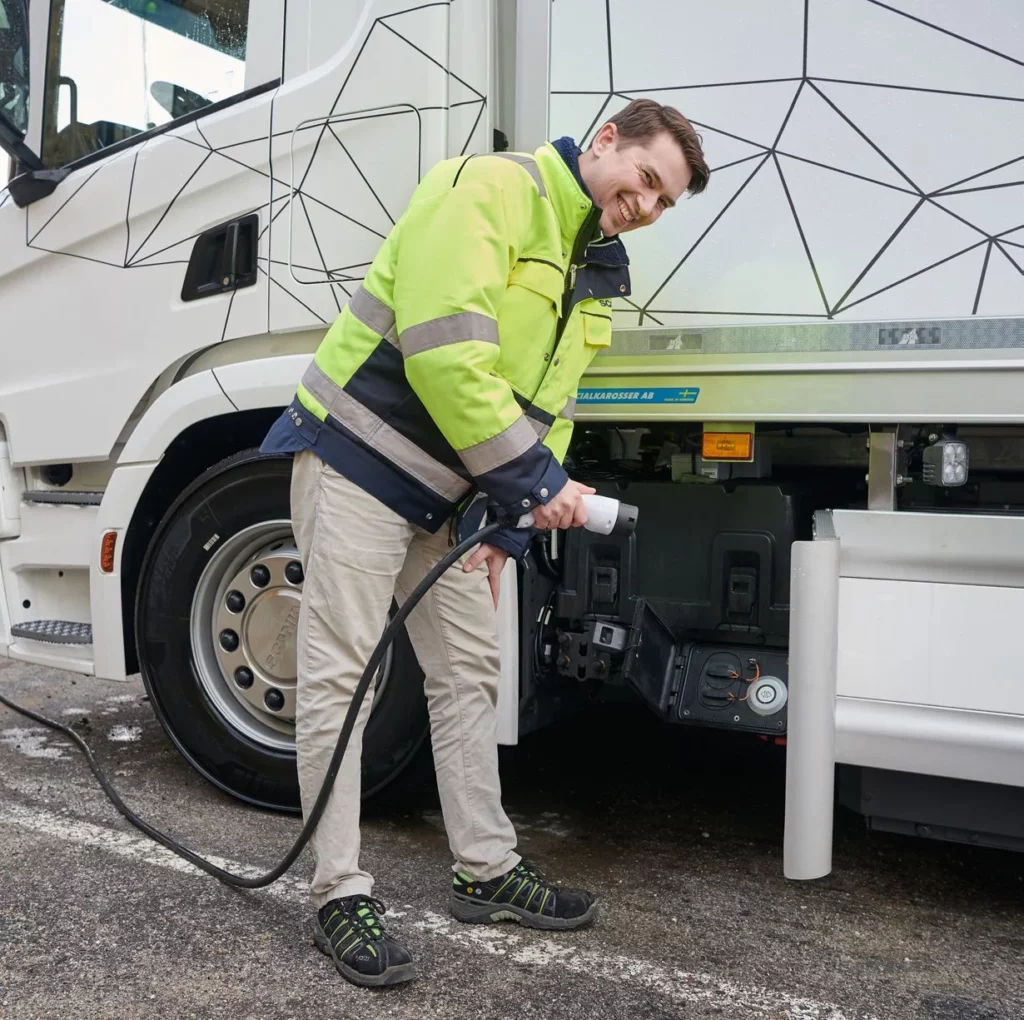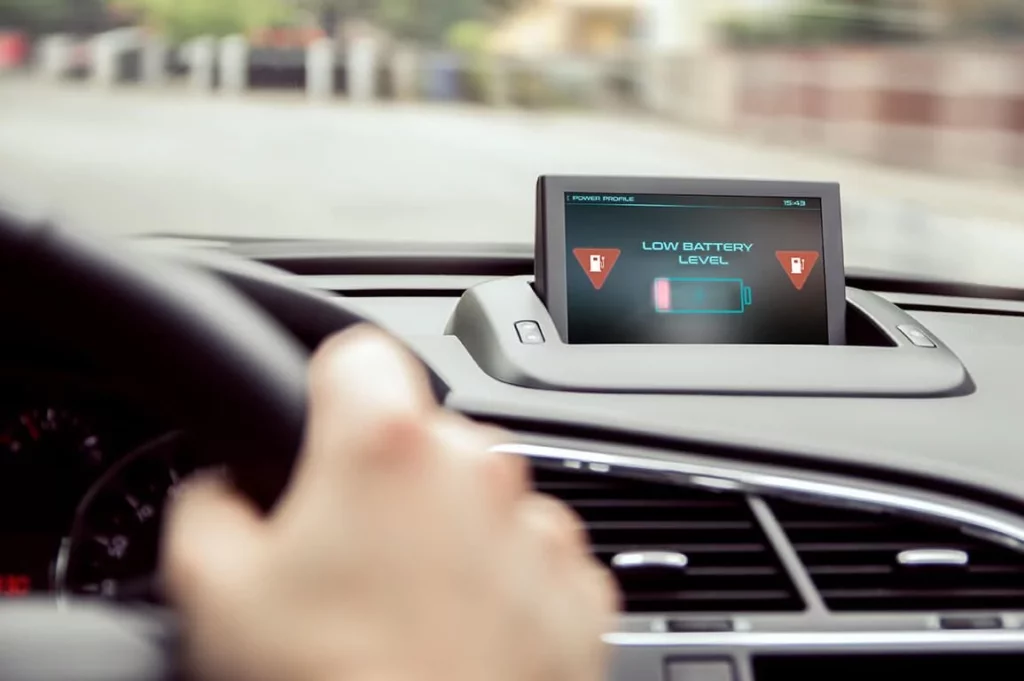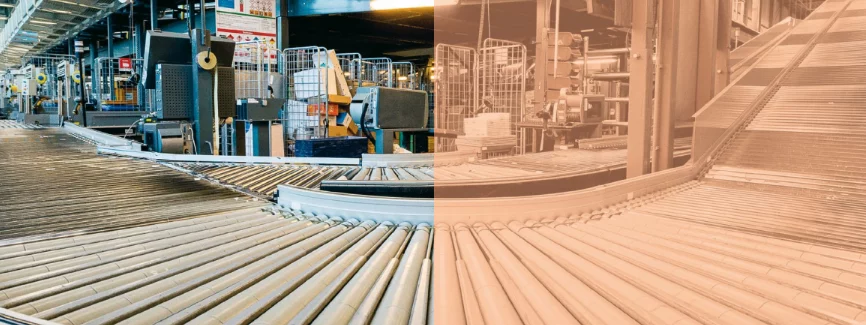Hybrid vs. full electric trucks: The best choice for sustainable city distribution

As cities push for greener logistics, businesses must decide between hybrid and full electric trucks for city distribution. Each option offers unique benefits, from reduced emissions to operational flexibility. But which one best suits your urban logistics strategy? Explore the pros and cons of both to make an informed choice for a sustainable transport future.
The evolution of transporters: How digitalization and sustainability are reshaping retail logistics

Transporters are no longer just delivery executors—they are becoming key orchestrators in modern retail logistics. With increasing challenges like supply chain disruptions, urbanization, and sustainability regulations, embracing digitalization, real-time data, and electric vehicles (EVs) is crucial. Discover how smart technology, predictive analytics, and enhanced collaboration can future-proof your transport operations and improve efficiency in the ever-evolving logistics landscape.
A good truck driver does much more than just transport goods

Professional truck drivers do more than just transport goods—they are the face of shippers and play a key role in customer interactions. As electric trucks become more common, drivers must also manage battery levels to ensure smooth deliveries. The Simacan platform provides real-time insights, optimizing transport operations and supporting both drivers and planners in managing battery performance. Discover how Simacan enhances logistics efficiency and delivery reliability.
Thanks to data cleaner and smarter through the city

In the realm of traffic and transport, integrating public and private data streams can significantly enhance urban logistics. By securely connecting these data sources, cities can optimize infrastructure usage, reduce congestion, and improve air quality. For logistics companies, leveraging data leads to more efficient, cost-effective, and environmentally friendly operations. Collaborations, such as those between municipal authorities and logistics providers, exemplify how data sharing can drive smarter urban mobility solutions.


